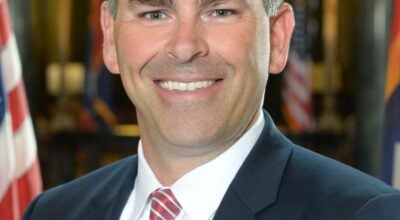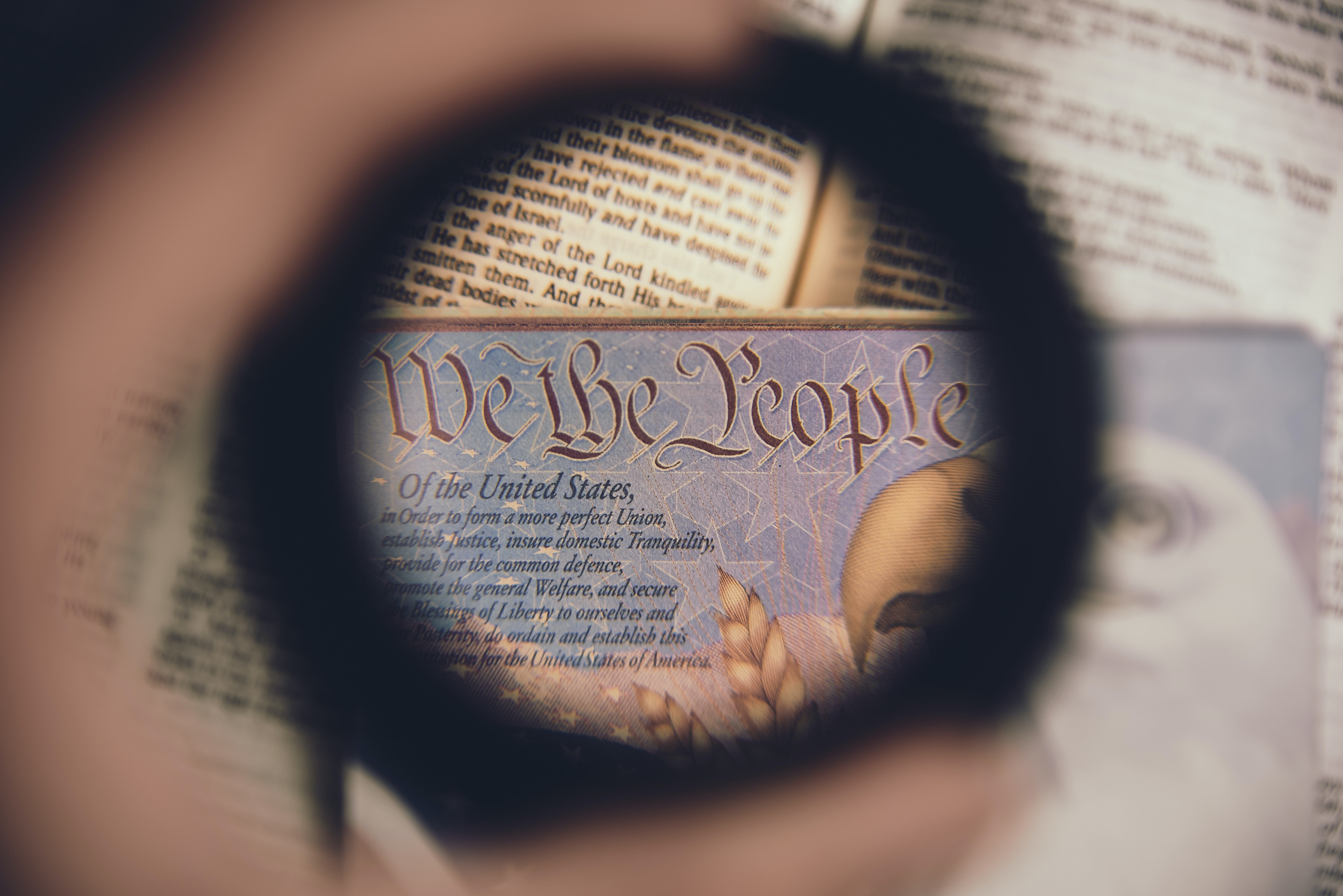We must first conquer our own ‘dark side’
Published 12:00 pm Saturday, September 10, 2022
By Susan Mah
I was born and raised in Memphis, left in 1986 for college, came back in 1998 after my father died, then left again for good in 2006 (I now reside in Oxford). I left the city because, compared to other major southern cities, Memphis was not progressing or evolving, like Nashville or Atlanta or Charleston and I often wondered why. Years ago, I heard an interview on NPR with a guy who suggested that Memphis had been permanently scarred by the assassination of Dr. King, which is the best explanation I have heard to date.
As a psychotherapist for over 15 years, I deal with people’s emotional scars every day in my work. And the biggest wounds I see are because of patients’ unresolved trauma from the past. Aside from racial tension, poor city planning, and perfunctory Memphis leadership, I believe the most serious problem the city has is the fact that it does not make public education a number one priority. Lack of education is the biggest generator of poverty and poverty gives rise to social ills, including trauma, addiction, incarceration, and most significantly, crime.
The recent kidnapping and murder of Eliza Fletcher by suspect, Cleotha Abston, and the subsequent shooting rampage by suspect, Ezekiel Kelly, are indicators of a long-standing yet disturbing trend in Memphis. Crime is getting worse, and Memphians have been shaken by it. Even though these two recent criminals are clearly at fault and bear full responsibility for their unlawful actions, would their legacies have perhaps been different if Memphis has properly educated them as youth?
In “Man’s Search for Meaning” by psychiatrist, Victor Frankl, he refers to the quote by Friedrich Nietzsche, which states: “He who has a ‘why’ to live can bear almost any how.” In my work with patients, I often say we need a reason to get out of bed every day. We need a WHY to motivate us, to give our lives a sense of purpose and meaning. In observing young children, it is so obvious they want and need attention, and if they do not get positive attention, they will settle for negative attention.
Too often, families living in poverty are so busy with work or stressed out by trying to survive that they cannot give their kids enough positive attention. Without educational and community supports in place throughout childhood, kids have the potential to grow up to be adults who seek out attention in whatever way they can get it, like using Facebook Live, as Ezekiel Kelly did, to record his murderous outburst. These kids grow up without a meaningful WHY, which leads to anomie or instability resulting from a lack of purpose.
No baby is born a killer. People who grow up to be psychopaths or sociopaths often are former victims of abuse and neglect in childhood. Their abusers are role models for having no empathy and no compassion towards others. They may teach their kids, unknowingly, to solve their problems with anger and violence. And in the words of the great master Yoda, “Fear is the path to the Dark Side…Fear leads to anger, anger leads to hate, and hate leads to suffering.” We, as a society, suffer because we do not properly nurture our youth.
Of course, there are many people living in poverty who do not abuse or neglect their kids. And there are those who even in spite of being abused or neglected as children, still grow up to be productive, law-abiding citizens. These amazing individuals possess what is known as resilience or the capacity to bounce back from struggles and hardship. In my work with patients, I refer to it as a “superpower” that can be used for good in acts of self-love or love towards others.
Frequently, a city or a people do not take real action towards social ills until they come home to roost. A lack of empathy and compassion not only exists in abusive or neglectful parents; it also exists within privileged circles who have enough money and resources available to shelter themselves from the evils of the world, to hide behind gated communities, and to take a laissez-faire approach to others’ suffering. It is not until someone like Eliza Fletcher becomes a victim that we start to take notice, that we realize the walls we have built will never be tall enough or strong enough. If we want to conquer the Dark Side, we must first face our own fears.




